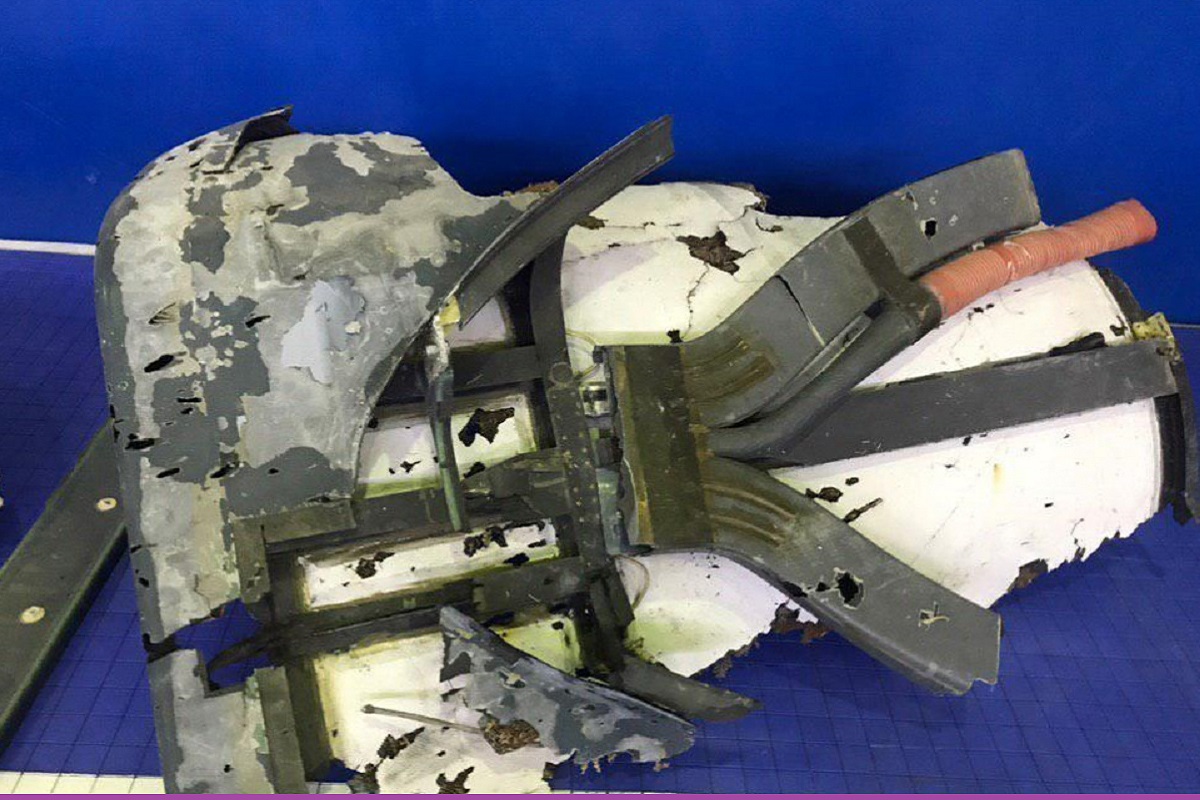Tehran has upped the ante and Thursday’s shooting down by Iran of a US surveillance drone has intensified tension in the region.
Crippled by Donald Trump’s sanctions, President Hassan Rouhani’s moderate dispensation has resolved to defy the Western powers. As much is the fineprint of Monday’s signal of intent that it is all set to violate the nuclear deal with the West and exceed its uranium stockpile limit over the next 10 days.
Advertisement
The announcement has over the past 48 hours intensified tension in a potentially turbulent region. If the supplementary by the Iranian Atomic Energy Authority is any indication, Iran might also start the process of enriching uranium up to 20 per cent ~ closer to weapons-grade ~ from 7 July. It is an open question whether Tehran’s unilateral move will exert pressure on Europe to incorporate fresh terms in the 2015 nuclear deal.
The US, where President Trump has jettisoned an agreement concluded by his predecessor, Barack Obama, has swiftly accused Iran of what it calls “nuclear blackmail”. Less strident, however, has been the response of France and Germany.
While President Emmanuel Macron has urged Iran to be “patient and responsible”, Germany has ruled out acceptance of a “unilateral reduction of obligations”. A coordinated approach by the European Union seems less than likely given its obsessive concern over Brexit.
A not dissimilar uncertainty hobbles Britain, now awaiting a new Prime Minister in July. Of course, Washington and London have blamed Tehran for last week’s attacks on oil tankers in the Gulf of Oman, a development that will almost certainly dislocate the flow of oil and gas. The EU is yet to explicitly blame Iran, whose government has denied any involvement, describing the explosions as a “false flag operation”.
That perception can be contextualised with the Iranian army chief, Major-General Mohammad Hossein Baqeri’s assertion that if Iran ever decides to block the export of oil from the Gulf, it will do so openly, without resorting to deception or covert operations, unlike the “terrorist and deceptive” US.
Iran contends that it has acted after Trump pulled the US out of the deal unilaterally a year ago. There is little doubt, therefore, that the message of the muscle-flexing is primarily addressed to the White House. To the extent that international experts have said that Iran is complying with the provisions of the deal, the Rouhani dispensation would seem to be on a firm wicket.
In the immediate perspective, Iran has emitted the signal that it will abandon the pact unless the other signatories help Tehran to circumvent Mr Trump’s economic reprisal. Altogether it is a complex geopolitical cocktail involving Iran, Europe and also, of course, the United States.











